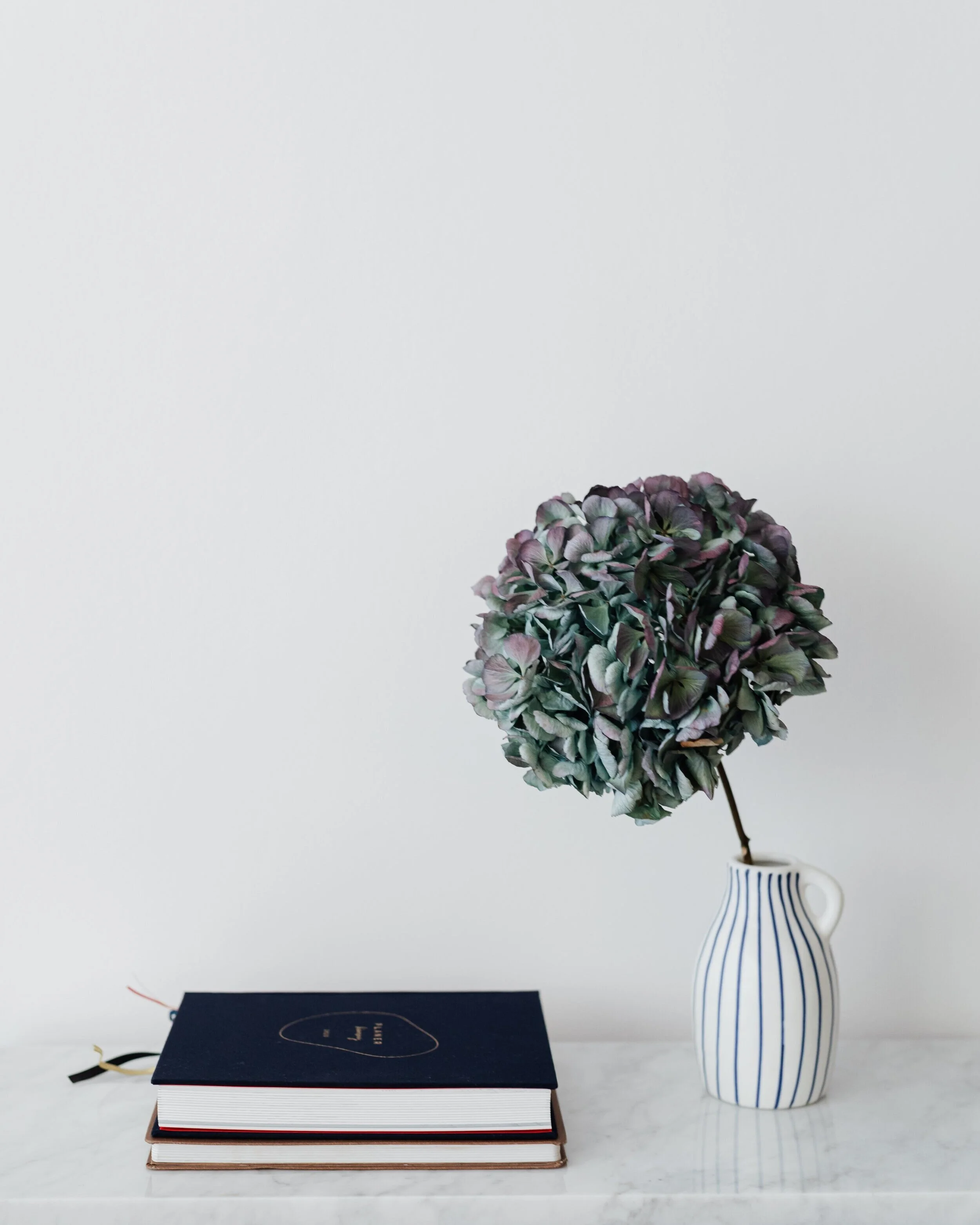The Reading Room: The Bluest Eye by Toni Morrison
The Nobel Prize-winner’s debut novel turns fifty this year and tells the story of an African American girl who equates beauty with whiteness. Pecola Breedlove longs for blue eyes. She’s eleven years old but has aged beyond her years with such sadness thanks to the abuse at home. She can only dream of those blue eyes – the eyes which will mean she can escape her blackness, her otherness. It’s a story of what she sees, of when she refuses to look or be seen by others.
THE BOOK:
The Bluest Eye by Toni Morrison.
PUBLICATION:
1970
WHY IT SHOULD BE READ:
This novel about a young, dark-skinned girl growing up in the US after the Great Depression is not an easy read. At first, I was overwhelmed by it before picking it up again and really diving in. You have to be prepared for the things you cannot know, for the trauma, for what it will tell you about yourself. Pecola is one of our lonely protagonists, too young to be so sad, too young to believe herself to be ugly, too young at twelve to pray every night for blue eyes in the hope that they will make her beautiful.
Her story is narrated from the lens of her childhood friend Claudia MacTeer, who reflects on Pecola’s brief stay at her home due to domestic instability and the bond she and her sister Frieda shared with Pecola in the 1940s. Pecola’s community rejects her because she possesses qualities that are loathed when viewed through a white supremacist lens — her dark skin, her poverty – even her hair.
But even when all is said and done, she remains rejected. It’s this tragedy which is cemented from the very first chapter. To question what it means to be beautiful is one thing, but to question it as a young child of colour, to have it be the focus of your being instead of simply being a child is what makes this tale all the harder to read and digest – but read it you must.
Over five decades old, it still has the same gut-wrenching impact, the book which paved a new path in the American literary landscape by asking powerful questions about race, class, and gender – with a young black girl at the heart of it.
Jennifer McShane, November 2020.
join the conversation
share and comment below, we’d love to hear your thoughts…











